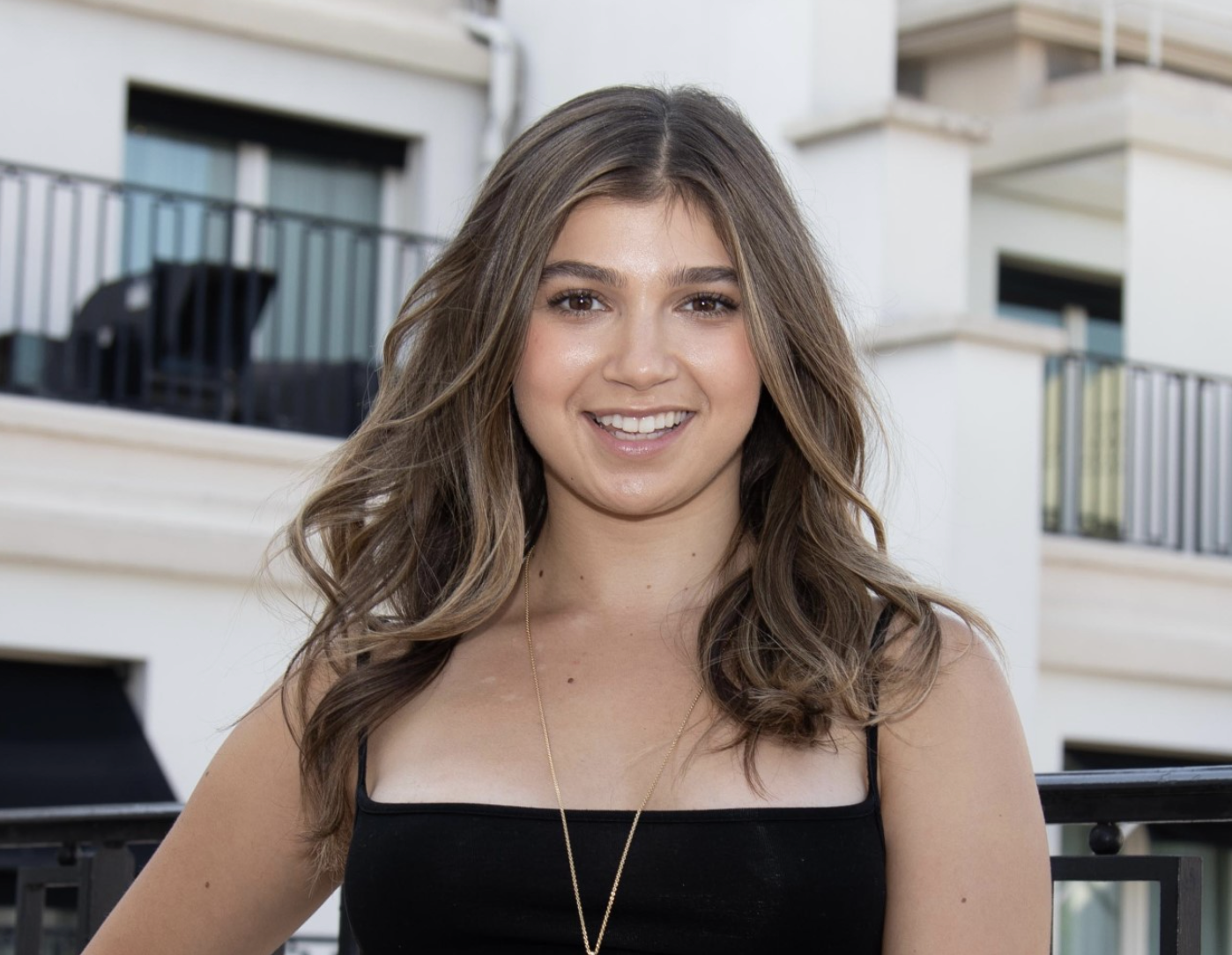Miriam Haart ’22 is not your average Stanford student; she is also a reality TV star. Haart and her family lead the recently released Netflix series, “My Unorthodox Life,” which follows a former ultra-Orthodox Jewish family as they rise to fame and fortune in New York City. Haart joined her family for filming last January while participating in Stanford in New York. The Daily sat down with Haart to discuss the show, privacy and orthodoxy.
The Stanford Daily [TSD]: The show is inherently personal in nature, touching on your family issues, your sexuality and your religion. How do you handle the vulnerability of having so much of your personal information out there in public?
Miriam Haart [MH]: This is actually something I put a lot of thought into. I knew about the show two years before it started. It wasn’t official yet, and I thought about what it would look like if the idea of privacy in my life was completely eradicated. It is something that I decided to not just accept but also to embrace, because I think that there is a lot of beauty in sharing the story that I have. It’s inspiring, it’s empowering — and that, to me, overrides the idea of privacy, because I think my story is something that needs to be shared and needs to be told.
TSD: As you’ve been watching the show and the public has been watching it, have there been any scenes that you find particularly embarrassing?
MH: There are obviously moments in the show that are uncomfortable, like the scene where my underwear was in a purse — but at the end of the day, we’re human, and this show demonstrates growth. I’ve made mistakes, and I think that’s okay as long as we learn and grow from them.
As much as there are uncomfortable parts on the show, there are also some amazing ones, like when I had my launch party. And, there are many empowering moments. I’m happy to be openly bisexual, and I think it’s super awesome to be able to show the world that it is normal and cool.
TSD: After hearing the pitch for the show, how long did it take you to decide to participate?
MH: The idea came from my mom. She was the one who approached me and my family with it. Automatically that gave it this upper hand for me to accept the idea, because I trust her. She took us out of the life that we lived in and into this beautiful world where we can really do whatever we want. So already with her saying that this show is something that will be good, I believed that it would be good.
I remember this one moment when we were in Los Angeles, and we went to the production studio where they did an interview with us. It was the first time anything like that had happened. After that interview, I was sitting in the hotel room and completely freaked out by the idea of, “Oh my god, this actually might happen.” But after that moment, as I thought about it, I realized the show was something I really wanted to do, so I was able to accept it from there.
TSD: Some have criticized “My Unorthodox Life” for demonizing the Orthodox community and contributing to a culture of antisemitism in the United States. What is your response to this critique?
MH: I think this show isn’t actually about the ultra-Orthodox community at all, but more about fundamentalism in general. This is a message that we tried to get across — it’s not about Judaism, Christianity or Islam. It’s about fundamentalism in all the ways that it exists and how dangerous and oppressive it can be for women across all religions and cultures.
We want to show people that this isn’t about religion or the people in those religions. There are no villains; there are just victims.
TSD: As you talk about “My Unorthodox Life,” you keep mentioning how there is power in your story. What is one big takeaway from this story that you hope people have?
MH: I would say that the big takeaway is that it’s never too late to pursue your passion. My mom was 43 by the time she decided to completely change her life and change the life of her family. It’s never too late. If you believe in yourself, you can truly do what you want to do. I think that’s what the show is about: believing in yourself, being yourself and prioritizing love.
TSD: What’s it like being a Stanford computer science major while also starring in a Netflix reality show?
MH: I think I’m very lucky to have made really good friends at Stanford. I think that I’m so lucky to be at a school where I was really able to connect with people despite the craziness in my life. Plus, there’s craziness going on in other people’s lives at Stanford, too, because everybody is doing something interesting. So, even though my experiences are unrelatable to some extent, I feel that I can connect with a lot of other Stanford students about being a student while also being an entrepreneur.
TSD: As you were filming the show, was there anything about the process that surprised you?
MH: This is a very random thing, but I recently read Jessica Simpson’s memoir. It talks about how when she did reality TV she would wear her microphone all day long, and on hot days, it would burn her back. And that totally happened to me, too; I just had a moment where I was like, “Whoa, me and Jessica — I can relate.”
This interview has been condensed and lightly edited for clarity.
